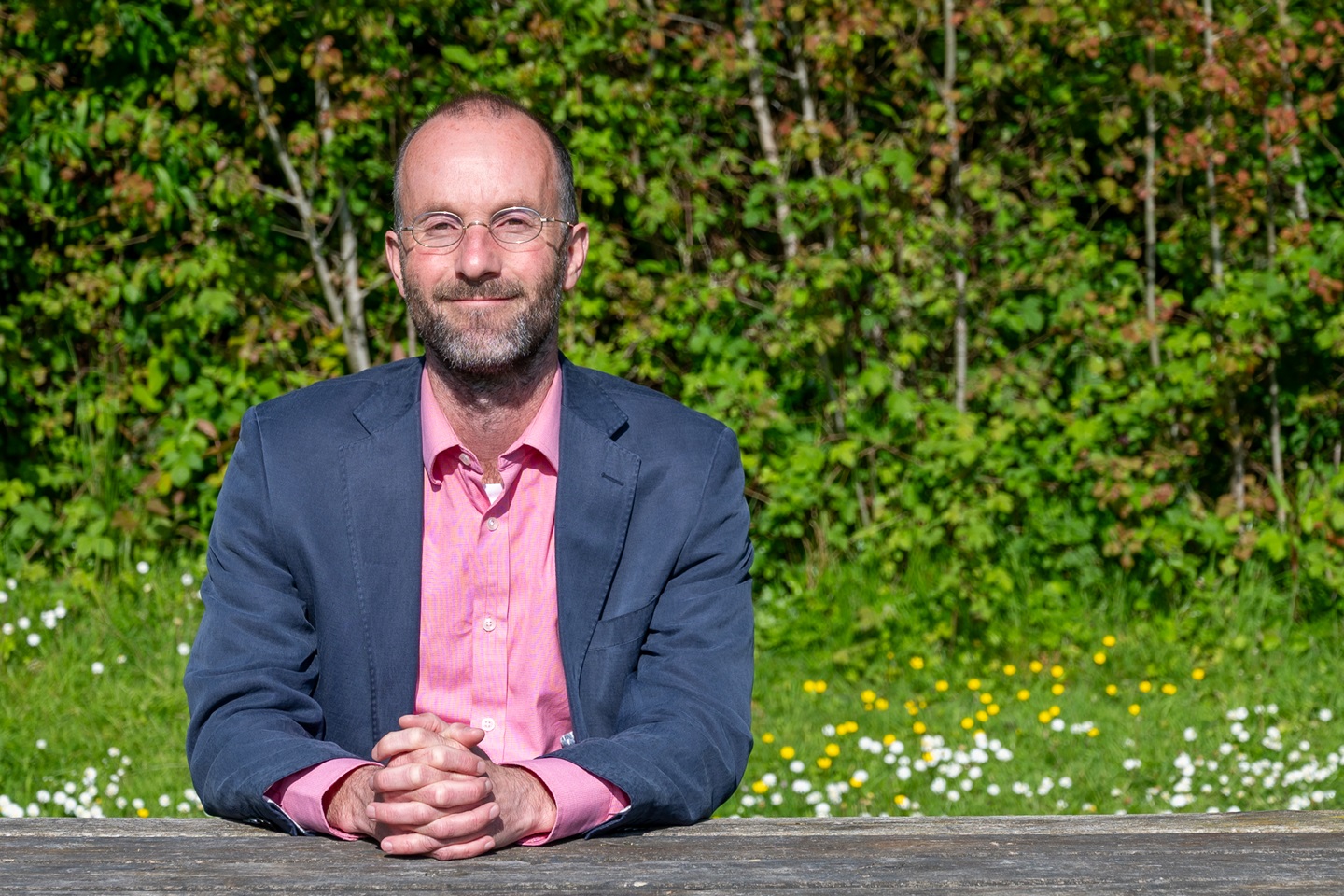Economic transformation needed to meet urgent global crises

Jasper Kenter is Professorial Research Fellow in Deliberative Ecological Economics at Aberystwyth Business School.
22 May 2025
Conventional economic systems need to be revolutionised to meet the urgent challenges facing today’s world, according to a new global study.
The report by a team of international researchers says the world is at a turning point and faces a ‘polycrisis’ of interconnected crises – from climate change and biodiversity loss to economic inequality, geopolitical instability and the continued repercussions of the Covid-19 pandemic.
It puts forward ten guiding principles to address these crises and reshape global economic systems, shifting the emphasis from market forces to the wider wellbeing of people and the planet.
Published in the prestigious journal Nature Sustainability, the research critiques conventional economic models which prioritise growth and efficiency at the expense of social equity and ecological concerns.
It calls for a transformative shift toward a new economic framework built on inclusivity, sustainability and shared prosperity.
Lead author Professor Jasper Kenter, a Research Fellow in Deliberative Ecological Economics at Aberystwyth Business School, said:
“The extreme urgency of global crises demands an economic transformation that challenges entrenched conventions and embraces interconnectedness and equity. We need bold ideas to reimagine what economic systems can achieve. Our research can provide the foundations for a coherent new mainstream economic framework.”
Ten Principles for Economic Transformation
Through a survey of global experts in new economics approaches and a close analysis of 237 sources from science and practice, the study identifies ten foundational principles spanning ecological, social, and political economy dimensions, and holistic principles which cut across 38 economic approaches.
- Social-ecological embeddedness and holistic wellbeing: Recognise economies as embedded within societies and ecosystems, prioritising wellbeing for all.
- Interdisciplinarity and complexity thinking: Address economic challenges through diverse, interdisciplinary perspectives, including Indigenous and local knowledge systems.
- Limits to growth: Acknowledge the biophysical and biochemical boundaries of economic activity, shifting away from growth-driven models.
- Limited substitutability of natural capital: Emphasise the irreplaceable role of natural resources in supporting human and economic systems.
- Regenerative design: Foster circular, restorative systems that enhance resilience and resource efficiency.
- Holistic perspectives of people and values: Redefine human motivations and values within economic models, moving beyond outdated self-interest narratives.
- Equity, equality, and justice: Centre fairness in economic inquiry, addressing global inequalities and advocating for marginalized communities.
- Relationality and social enfranchisement: Promote community empowerment, inclusion, and collective wellbeing.
- Participation, deliberation and cooperation: Embed participatory governance as a core element of economic policymaking.
- Post-capitalism and decolonisation: Explore alternative frameworks beyond capitalism and colonial systems, focusing on global equity.
“By embracing these principles, we can redefine economic systems to meet the challenges of our time and empower societies to build sustainable futures,” Professor Kenter added.
“This research is a call to action and offers a framework which challenges the conventional dichotomy between technical economic models and ethical policymaking, ensuring resilience, equity, and environmental limits are central to economic decisions. Dozens of new economic approaches exist, but they remain diffuse. These principles can help support new coalitions to challenge and overcome outdated economic thinking.”
The report says while transformative research is gaining traction, it remains underrepresented in many high-ranking economic journals and educational materials. Further research is needed to address this gap and explore strategies for transformative economic change, including by identifying where new economic approaches are already being successfully applied.
The author team included researchers from Australia, Canada, Estonia, India, Kenya, Mexico, the UK and USA, with input from experts from a wide range of global think tanks, scientific and policy organisations, such as the Club of Rome, Flourishing Enterprise Institute, Future Earth, International Society for Ecological Economics, and Network for Business Sustainability.
The study is published in full by Nature Sustainability:https://doi.org/10.1038/s41893-025-01562-4



